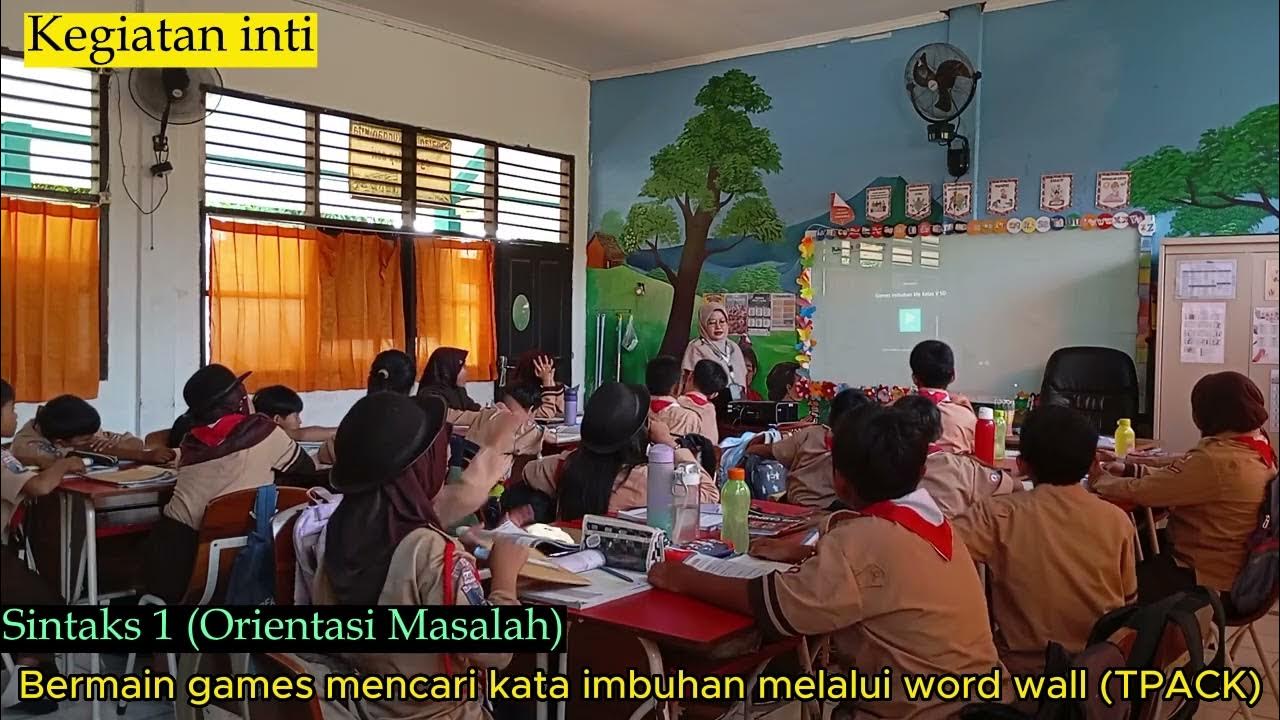Classe inversée - Le guide de l'étudiant
Summary
TLDRThis video script explains the inverted classroom model, where students learn new material at home and engage in practical exercises and discussions in class. It offers benefits like personalized learning pace, better understanding, and higher grades. Challenges include initial confusion and the need for active participation. Tips are provided for success, such as thorough preparation, asking questions, understanding learning objectives, and active class participation.
Takeaways
- 🔄 **Class Inversion**: Traditional classroom teaching is flipped; students learn new material at home and engage in practical exercises or discussions in class.
- 📚 **Independent Learning**: Students are expected to discover new information autonomously before class, such as reading chapters, watching videos, or listening to podcasts.
- 🤔 **Classroom Application**: In-class time is dedicated to practical exercises and group discussions related to the material learned at home.
- 🚀 **Paced Learning**: Students can learn at their own pace, with the flexibility to quickly move through easy topics or revisit difficult ones.
- 📈 **Improved Understanding**: Studies show that inverted classes lead to a better understanding of subjects due to a focus on applying knowledge.
- 🏆 **Better Grades**: Statistically, students in inverted classes tend to achieve higher grades than those in traditional classes.
- 💪 **Increased Effort**: While inverted classes are engaging, they require significant effort from students, especially at the beginning.
- 📝 **Preparation is Key**: It's crucial to prepare well for class by thoroughly reading or watching the assigned material.
- 🙋♂️ **Ask Questions**: If students struggle with certain concepts, they should come to class with a list of questions to ensure they get clarification.
- 🎯 **Clear Objectives**: Students should have a clear idea of what they are expected to learn, and ask teachers to clarify learning objectives if needed.
- 🤝 **Active Participation**: Active participation during class is essential for success, as it allows for immediate feedback and understanding.
Q & A
What is the concept of inverted classroom teaching?
-Inverted classroom teaching is a method where students learn new material on their own before class, often through reading, watching videos, or listening to podcasts. Then, in class, they engage in practical exercises or discussions related to what they've learned at home.
How does the inverted classroom differ from traditional teaching?
-In traditional teaching, the teacher presents new information in class, and students listen and take notes, then go home to do their homework. In the inverted classroom, this is reversed: students discover new information at home, and class time is used for practical exercises and discussions.
What is the main goal of the inverted classroom?
-The main goal is to replace long, potentially tedious lectures with in-class activities that allow students to verify their understanding of the theory and apply it in practice, as well as to deepen their understanding of particularly complex concepts.
What are the benefits of learning at your own pace in an inverted classroom?
-Students can learn new concepts quickly if the subject is easy, or they can pause a video or reread an explanation multiple times if they find a concept difficult, allowing for a more personalized learning experience.
How does the inverted classroom affect student performance?
-Studies have shown that students in inverted classrooms develop a better understanding of the subjects studied, leading to more profound and lasting knowledge. Statistically, they also tend to achieve better grades than in traditional classes.
What challenges might students face in an inverted classroom?
-While inverted classes are often more engaging, they can also be more difficult, especially at the beginning. They require less repetitive but more significant effort as the focus is on applied knowledge rather than memorization.
What is the first piece of advice for succeeding in an inverted classroom?
-It is essential to prepare well for the class by thoroughly reading or watching the assigned materials. Teachers might also administer a quiz before the class to ensure students have completed their homework.
What should students do if they don't understand something while preparing for class?
-Students should write down their questions and come to class with a list of points they want the teacher to review. This helps the teacher know where to focus and ensures the student leaves with a better understanding of the topic.
Why is it important to understand the learning objectives in an inverted classroom?
-Understanding the learning objectives helps students focus their attention on the targeted goals during readings, videos, or other activities. It also helps them understand why they are doing certain activities and how they will be evaluated.
What is the role of active participation in an inverted classroom?
-Active participation during class is crucial for success. Students should be engaged, creative, and not afraid to make mistakes. The inverted classroom provides opportunities for students to freely test their understanding and receive immediate feedback from the teacher.
How can students make the most of the immediate feedback in an inverted classroom?
-Students can use the immediate feedback from the teacher to correct misunderstandings and improve their knowledge. This helps them be better prepared and more confident when facing assessments.
Outlines

This section is available to paid users only. Please upgrade to access this part.
Upgrade NowMindmap

This section is available to paid users only. Please upgrade to access this part.
Upgrade NowKeywords

This section is available to paid users only. Please upgrade to access this part.
Upgrade NowHighlights

This section is available to paid users only. Please upgrade to access this part.
Upgrade NowTranscripts

This section is available to paid users only. Please upgrade to access this part.
Upgrade NowBrowse More Related Video
5.0 / 5 (0 votes)





